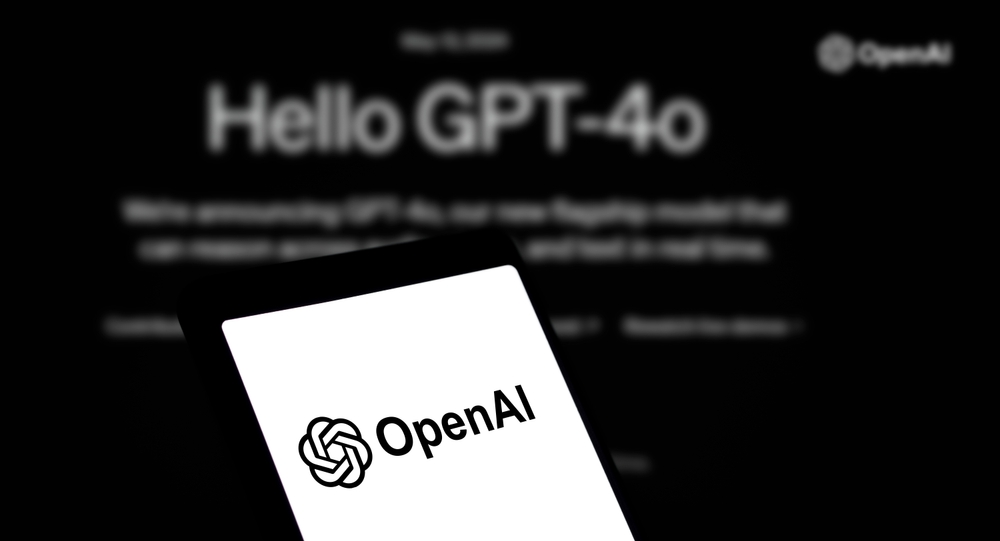Since last year, Elon Musk has been trying to prevent OpenAI’s restructuring in court. This restructuring would allow the company to go commercial and attract the necessary resources for growth. However, this week, a judge rejected Musk’s request for a preliminary injunction against the process.

Auckland District Court Judge Yvonne Gonzalez Rogers ruled that Musk had not presented a strong enough case to justify halting OpenAI’s restructuring. Despite this, the case remains open, and a new hearing is scheduled before the end of the year. Musk’s representatives found some satisfaction in the decision, with attorney Marc Toberoff expressing hope that the court will ultimately confirm that OpenAI CEO Sam Altman misused Musk’s charitable contributions, which were intended for the public good.
Dispute Over OpenAI’s Non-Profit Status
Tensions between Musk and OpenAI’s founders led to his departure from the company in 2018. Musk argues that he always expected OpenAI to maintain its non-profit status, while the company’s leadership has increasingly leaned toward commercial activities. In December, he filed a lawsuit to block OpenAI’s restructuring, which prioritizes commercial operations. Currently, OpenAI is managed by a non-profit board, which deters investors. The restructuring aims to address this issue by creating a more investment-friendly structure, adds NIXSolutions.
Musk’s Motives and OpenAI’s Response
In court, OpenAI’s representatives countered Musk’s claims, presenting past correspondence to show that he had not previously opposed the transition to a commercial model. They argue that his current stance is influenced by competitive concerns, as he has been working to establish his own AI company, xAI, since 2023. By challenging OpenAI’s restructuring, Musk may be attempting to slow the progress of a major competitor.
The case is still ongoing, and further developments are expected in the coming months. We’ll keep you updated as more information emerges.
